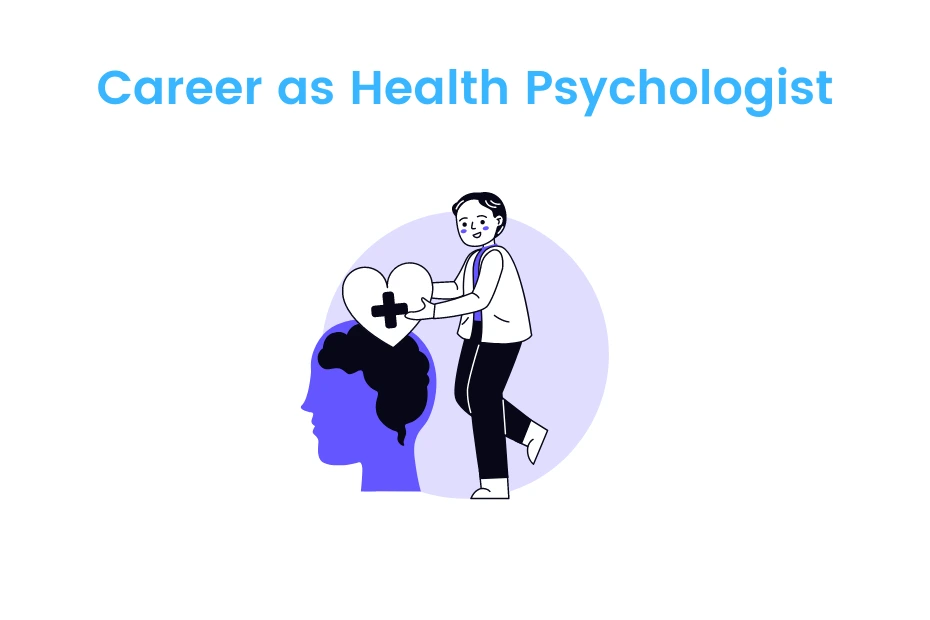Why the Best Psychologist in Delhi Can Transform Your Psychological Health
Why the Best Psychologist in Delhi Can Transform Your Psychological Health
Blog Article
Psych Therapy: A Comprehensive Overview to Techniques and Results

Cognitive-Behavioral Treatment
Cognitive-Behavioral Treatment (CBT) is a commonly utilized psychotherapeutic strategy that concentrates on identifying and changing inefficient thinking and actions patterns. Established in the 1960s by Aaron T. Beck, CBT combines cognitive and behavioral theories to address numerous mental wellness problems, consisting of anxiety, anxiety, and stress-related conditions. The facility of CBT is that maladaptive ideas add to emotional distress and maladaptive actions. By restructuring these ideas, individuals can attain substantial renovations in their emotional health and everyday functioning.
CBT is defined by its organized, goal-oriented nature. Treatment normally involves a collaborative process between the therapist and client, where specific problems are determined, and useful techniques are established to resolve them. Methods such as cognitive restructuring, exposure therapy, and skill-building exercises are typically employed. Cognitive restructuring involves tough and modifying adverse thought patterns, while exposure therapy intends to reduce concern and anxiousness with progressive exposure to feared things or scenarios.
Evidence-based research sustains the effectiveness of CBT for a vast array of emotional disorders - Best Psychologist in Delhi. Its focus on skill acquisition and self-help strategies equips customers to continue progress separately after treatment concludes. The flexibility and efficiency of CBT have actually made it a foundation in modern psychotherapeutic method
Psychodynamic Approaches
Rooted in the very early concepts of Sigmund Freud, psychodynamic methods concentrate on discovering the unconscious mind and its impact on behavior and emotions. These approaches aim to uncover hidden ideas and sensations that might be driving maladaptive habits and emotional distress. Central to this method is the principle of inner conflict, usually coming from unsolved previous experiences, particularly those from youth.
Therapists utilizing psychodynamic methods use numerous key techniques, including free association, where people are encouraged to talk freely to expose subconscious material, and desire analysis, which analyzes the hidden content of dreams. Furthermore, the expedition of transfer and countertransference dynamics within the restorative partnership is essential. These communications can give understandings into the person's inner world and relational patterns.
Psychodynamic treatment is normally longer-term compared to various other techniques, offering a deep and extensive understanding of the person's subconscious. Research indicates that it can be particularly effective for complicated psychological health and wellness problems, such as character problems and persistent clinical depression. By cultivating self-awareness and psychological understanding, psychodynamic treatment looks for to bring subconscious material to awareness, allowing individuals to achieve meaningful and long-term adjustment in their lives.
Humanistic Strategies
Structure on the foundations laid by psychodynamic techniques, humanistic techniques offer a distinctive viewpoint concentrated on specific possible and self-actualization. Coming from the mid-20th century, these strategies focus on the integral benefits and growth possibility of people, highlighting an alternative view of human experience. Trick numbers such as Carl Rogers and Abraham Maslow have actually substantially influenced this healing strategy, link which includes methods like client-centered treatment and Gestalt treatment.
Client-centered treatment, established by Rogers, plays an essential function in humanistic techniques. It relies upon the therapist offering an atmosphere of unconditional favorable regard, empathy, and harmony. This promotes a secure area for clients to discover their sensations and experiences without judgment, helping with self-discovery and personal development. The specialist's duty is more of a facilitator than an authority, encouraging customers to harness their internal sources for healing.
Gestalt therapy, one more important humanistic method, emphasizes existing minute understanding and the assimilation of body and mind. By concentrating on the "present moment," clients get greater insight right into their current emotions and over here behaviors. Techniques such as role-playing and led visualization are typically used to help clients get a deeper understanding of themselves, ultimately causing enhanced self-awareness and satisfaction.
Integrative Therapies
Integrative treatments stand for a synthesis of various therapeutic methods customized to meet the distinct requirements of each customer. This strategy recognizes the intricacy of human psychology and the multifaceted nature of mental health and wellness concerns. By incorporating components from various schools of psychotherapy-- such as cognitive-behavioral therapy (CBT), psychodynamic treatment, and humanistic strategies-- integrative treatments offer a more alternative and versatile therapy standard.
Professionals of integrative treatment analyze each customer's details demands, signs and symptoms, and individual background to devise a tailored treatment plan. This personalized approach boosts the potential for healing success by attending to the origin of emotional distress and promoting overall health. Strategies could include mindfulness workouts, cognitive restructuring, and emotional handling, each chosen to target different facets of the client's issues.
Moreover, integrative treatments emphasize the healing partnership, checking out the client-therapist bond as a crucial part of reliable treatment. This relationship fosters an encouraging setting where customers really feel risk-free to discover and address their problems. The flexibility of integrative treatments makes them appropriate for a wide variety of conditions, including anxiety, clinical depression, injury, and interpersonal troubles, thus boosting their applicability and performance in varied professional settings.

Gauging Treatment End Results
Reviewing the effectiveness of psychiatric therapy is crucial for both clients and clinicians to make sure that the treatment is producing the basics wanted end results. To achieve this, numerous techniques and devices are employed to gauge treatment outcomes systematically. Standardized evaluation instruments, such as the Beck Anxiety Supply (BDI) and the Generalized Anxiety Condition 7 (GAD-7), supply quantitative information on sign extent and modifications in time.
Along with standardized tools, qualitative methods like client self-reports and scientific interviews supply beneficial insights into the individual experiences and regarded development of clients. On a regular basis arranged evaluations, generally at the start, middle, and end of treatment, aid in tracking the trajectory of enhancement or identifying areas needing adjustment.
End result dimension is not restricted to signs and symptom decrease; it likewise includes useful renovations in life, such as much better interpersonal connections, increased work productivity, and boosted general wellness. Modern advancements in electronic wellness have presented mobile applications and on the internet platforms that promote real-time monitoring and responses, even more fine-tuning the assessment procedure.
Eventually, a detailed technique to gauging therapy results ensures that restorative treatments are efficient, reliable, and customized to meet the specific requirements of clients, thereby optimizing the general healing experience.
Verdict
Humanistic methods concentrate on personal development and self-actualization, while integrative treatments incorporate several methods for tailored therapy plans. Evaluating therapy end results through standard assessments and qualitative approaches makes sure a comprehensive understanding of efficiency, inevitably assisting clients toward withstanding psychological health renovations.
From the structured method of Cognitive-Behavioral Treatment (CBT) to the deep expedition of the unconscious in psychodynamic treatment, each approach brings unique benefits. Its focus on ability acquisition and self-help techniques equips customers to continue progression individually after therapy concludes (Best Psychologist in Delhi). Key figures such as Carl Rogers and Abraham Maslow have substantially affected this healing approach, which encompasses methods like client-centered therapy and Gestalt therapy

Report this page